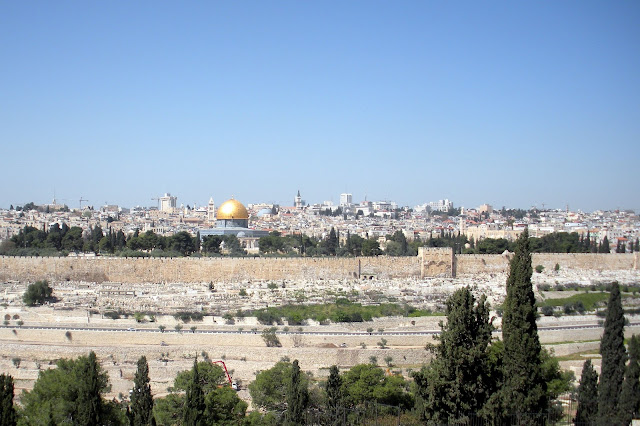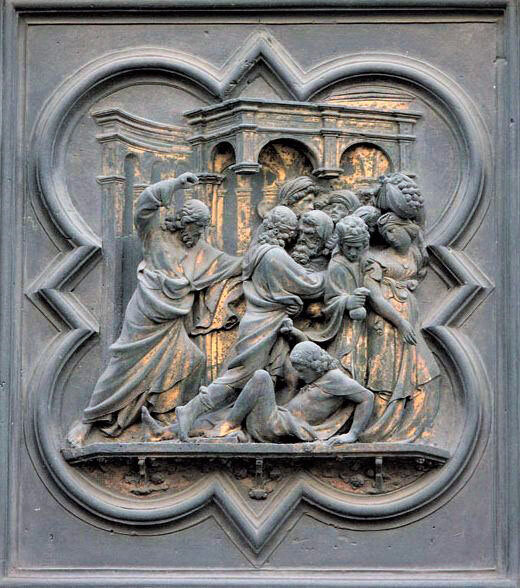Easter Sunday 2024. An all age talk. On Easter eggs

John 20.1-9 Who has been given an Easter egg? What is your egg like? You can find remarkable Easter eggs: This is a very clever Dinosaur egg! Much more important: Who has already eaten their Easter egg? Why do we think about eggs at Easter? I want to suggest two things 1. Eggs are about new life Out of something that looks like a stone, out of a hard shell, a baby chick, duckling, fledgling (or baby dinosaur!) appears. And out of the cold hard rock tomb, which was covered by a stone, Jesus Christ appears. Three days earlier, on the first Good Friday, they had taken him and nailed him to the cross and watched him die. To make sure he was dead, they had taken a spear and thrust it into his side. Then they laid his body in a tomb and put a great big stone in front of it. But on that first Easter Sunday something astonishing happened. Jesus Christ rose from the dead. New life came out of the dead tomb. And that new resurrection life is available for us all It is not that we are in a




